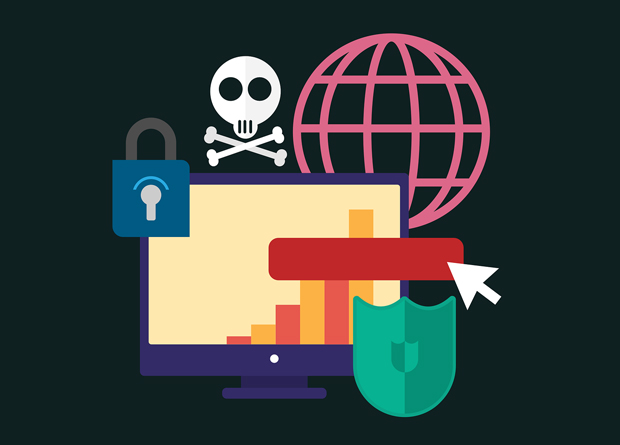IntSights, the threat intelligence company focused on enabling enterprises to Defend Forward, released a research report on their findings of the cyber threat impact of COVID-19 on the retail and hospitality industry. The retail and hospitality industry with its predominant “brick-and-mortar” focus pre-pandemic, bore the brunt of moving portions of their workforce to remote work – complicating their attack surfaces and creating opportunities for attackers.
The report uncovers how the pandemic and post-pandemic measures will continue to alter the industry threat landscape, especially as vaccine distribution and contact tracing efforts expand to wider segments of the population.
Retail, hospitality, and travel businesses increasingly hold protected health information (PHI) and personally identifiable information (PII) records as more and more of these businesses now require proof of COVID-19 testing or vaccination from customers or employees. IntSights discovered that underground black market sale prices of containing PHI and PII with key data points for identity theft are notably higher than those of even compromised credit cards, putting the industry at a larger risk of cyberattacks as the information it holds becomes increasingly attractive and lucrative to criminals.
The report also highlights the surge in demand for fake COVID-19 testing and vaccination documents resulting in attacks against retailers with pharmacy components – and a black market for fake test results has been thriving online. Some criminal vendors claim that they can abuse access to legitimate infrastructure that outputs testing documentation to generate otherwise authentic documents without actually conducting tests.
Other key findings include:
- Growth in the sale of unauthorized access to enterprise networks on underground criminal forums that enable other criminals to deploy ransomware on the networks, for instance, and access are mostly priced at four figures in USD
- Expansion of ecommerce attacks and card-not-present (CNP) fraud as more consumers increase reliance on ecommerce and home deliveries
- Up for sale on underground criminal forums are Python scripts to bypass one-time passwords (OTPs) which provide an extra layer of protection for CNP transactions
















































































































